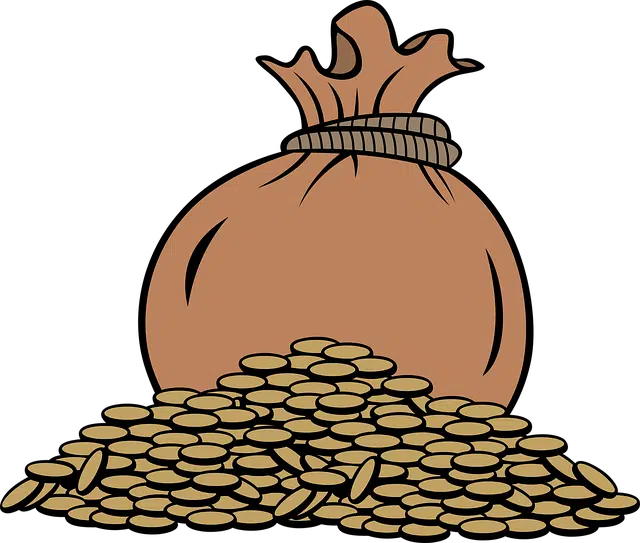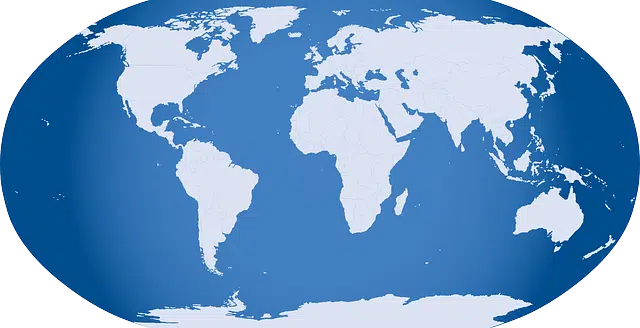
Mercantilism is an economic system that emerged in the 16th century.
Determining the etymological origin of the term mercantilism is the first thing we are going to do, before entering fully into the analysis of its meaning. Specifically, we would have to say that it is a word that comes from Latin, and more precisely it is the result of the sum of the following Latin components: “mercari”, which is synonymous with “trade”; “-il”, which indicates a “quality”, and the suffix “-ism”, which is equivalent to “system”.
Mercantilism is an economic system that is based on the development of trade and exports . Its doctrines were developed between the 16th and 18th centuries in Europe .
Development of mercantilism
For the establishment of mercantilism, a strong State was required that could take the necessary measures to regulate the economy . The prosperity of each nation was considered to be linked to the capital accumulated by it, which in turn was represented by the accumulation of precious metals in the power of the State .
Mercantilist theorists maintained that said capital could be increased from a positive trade balance, that is, with a level of exports that exceeds the level of imports. This translated into a government that had to implement protectionist policies, protecting domestic production with import tariffs and favoring exports.
All this explains why the State had to have a strong position in the establishment of mercantilism. Otherwise, the establishment of tariff barriers and the adoption of protectionist policies in general would not be possible.

The promotion of exports was one of the premises of mercantilism.
Main features
Specifically, for all the above, we can establish that these are the pillars on which mercantilism was based:
• The economy must be regulated at all times by the State.
• The wealth of a country is determined by the amount of gold and silver it has within what would be its borders.
• In order to accumulate more silver and more gold, two things are necessary: reduce imports and increase exports. The latter, for their part, must be encouraged by promoting manufacturing.
• It is essential that companies that depend on the State are created in the relevant country in order to improve trade.
Colbert, theorist of mercantilism
There are many people who advocated and defended mercantilism. However, among all of them the Frenchman Jean-Baptiste Colbert stands out. He was a minister of King Louis to promote trade.
Mercantilism had its heyday, although it also received a lot of criticism. Various theorists pointed out that mercantilism did not take into account the competitive advantages of each country (each nation has natural conditions that allow it to obtain certain products with fewer resources, which it can export to import others) and that, if wealth was only accumulated in form of precious metals, the supply of it would increase and, therefore, its price would decrease.
In everyday language, on the other hand, the commercial spirit that is applied to things that, in theory, should not be susceptible to trade is known as mercantilism. For example: “I don't understand commercialism in emotional relationships.”
